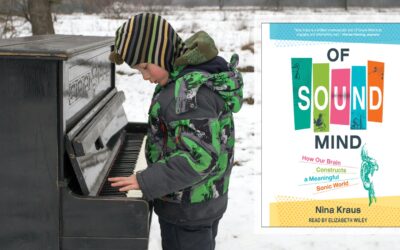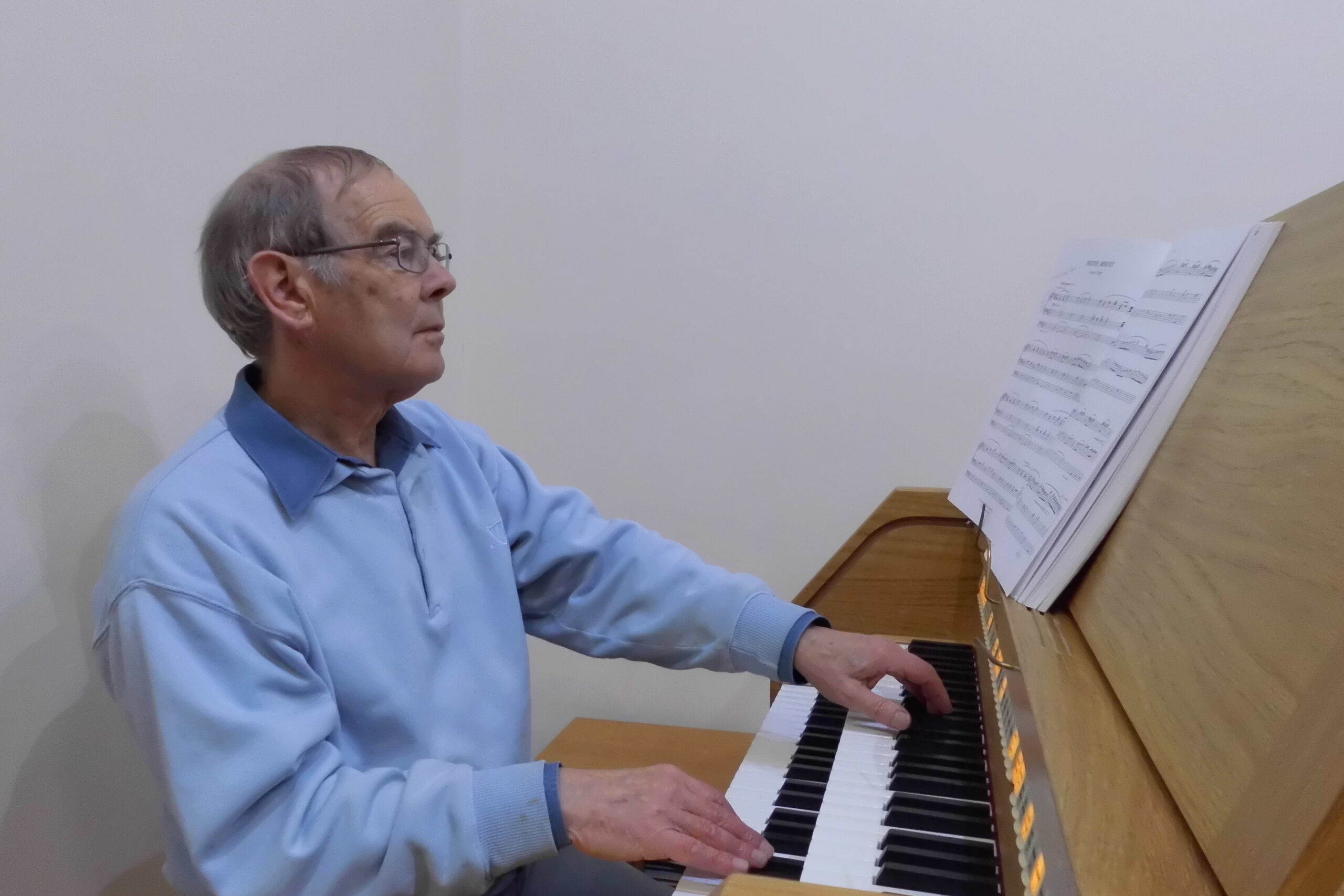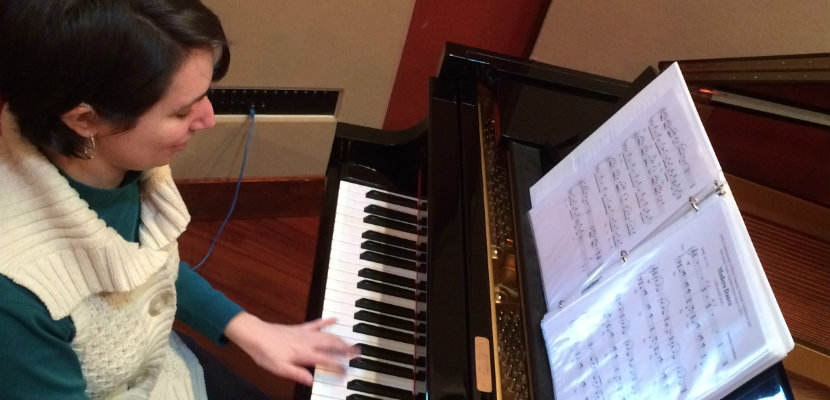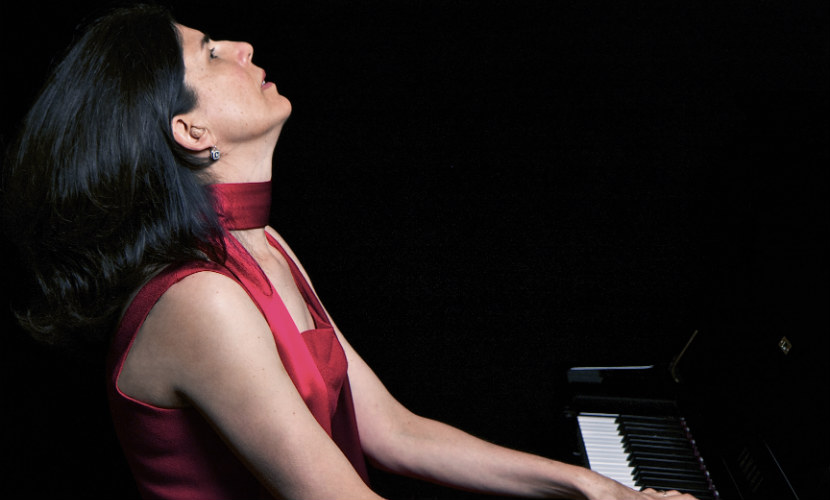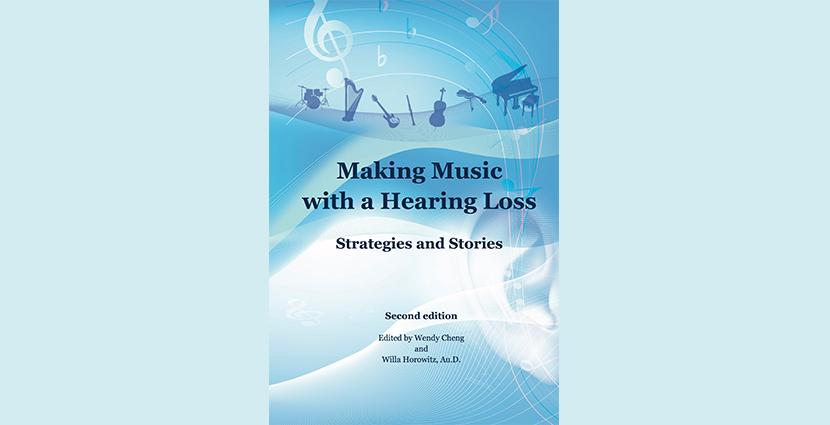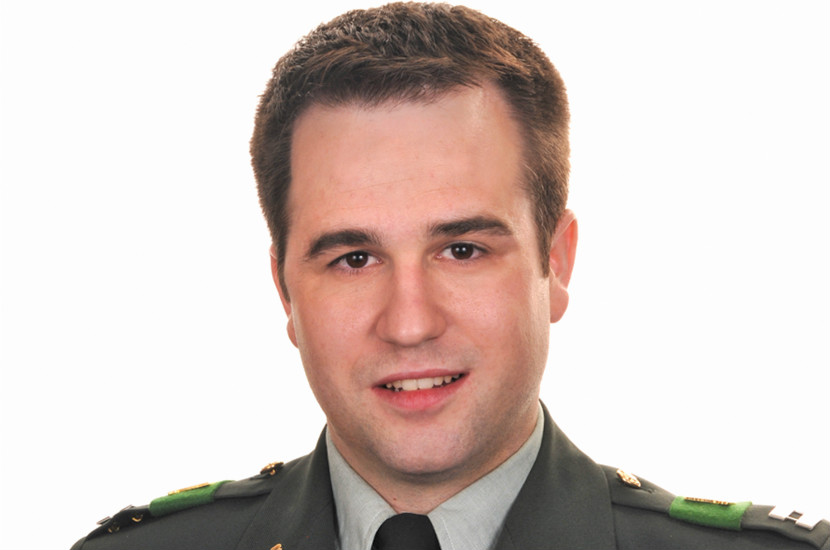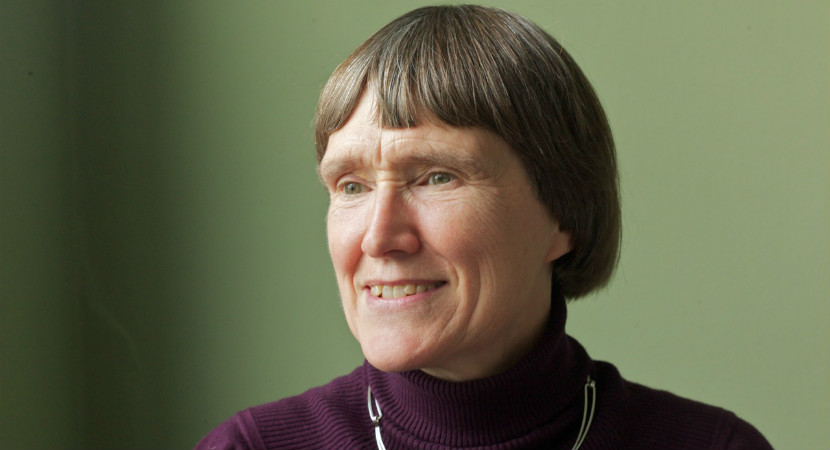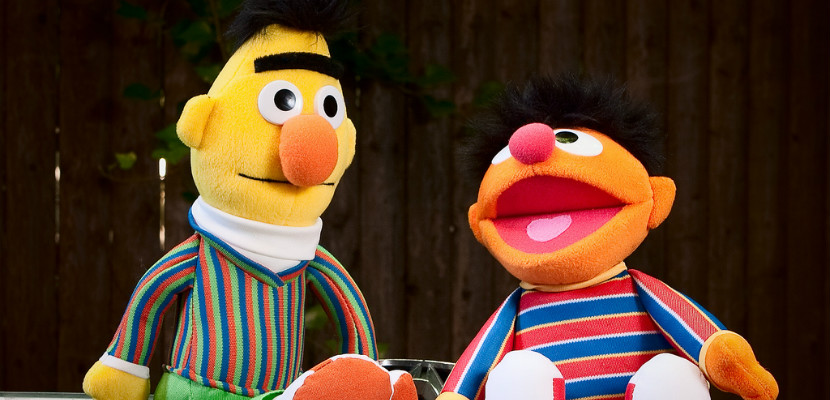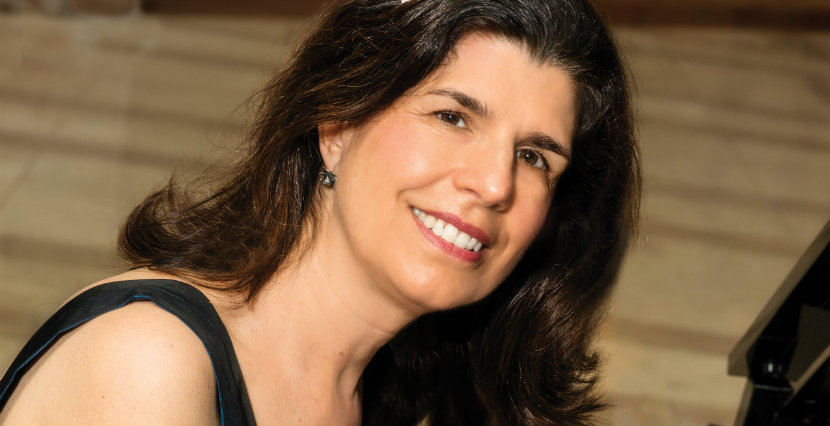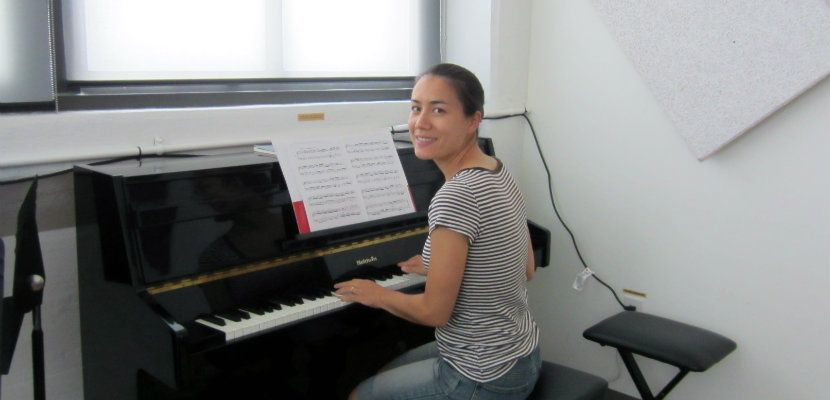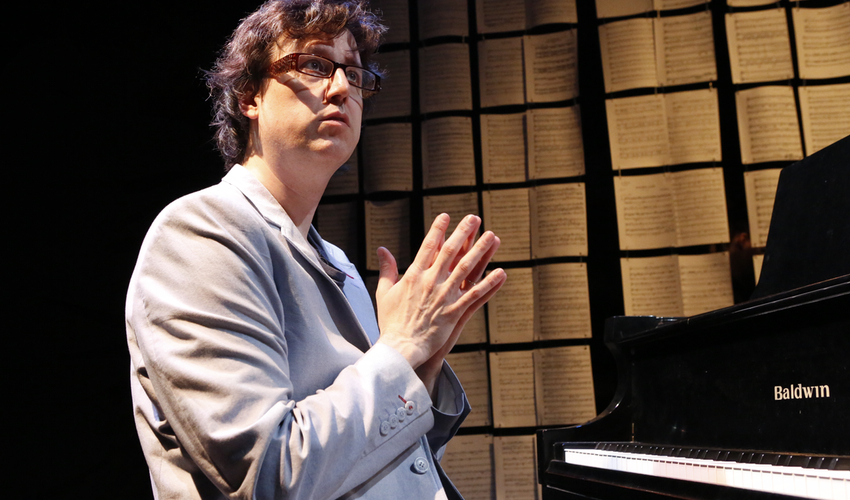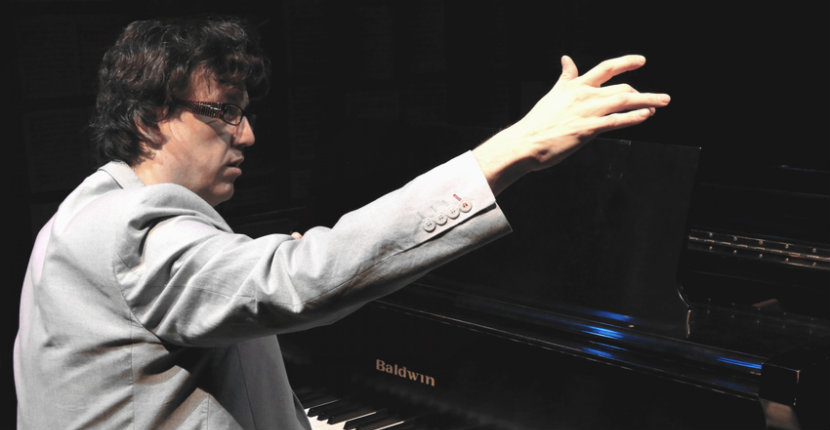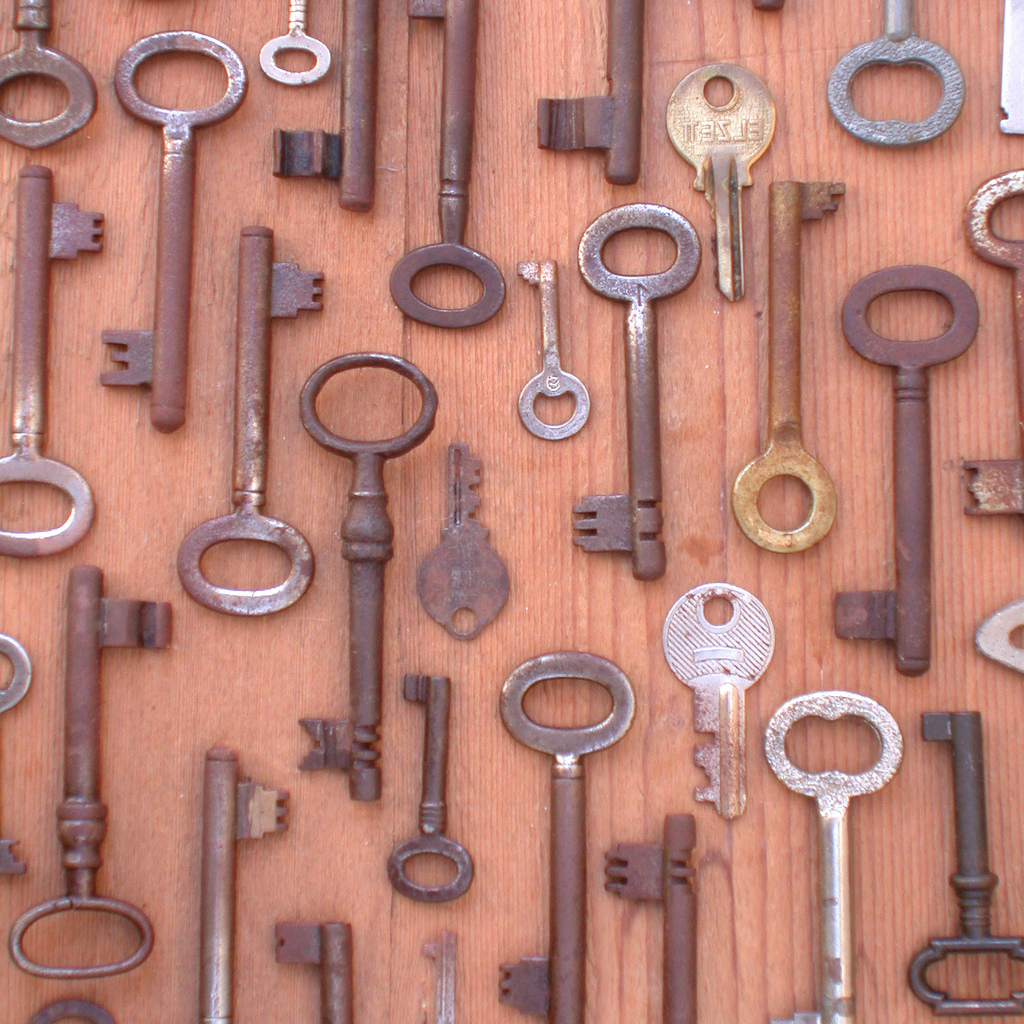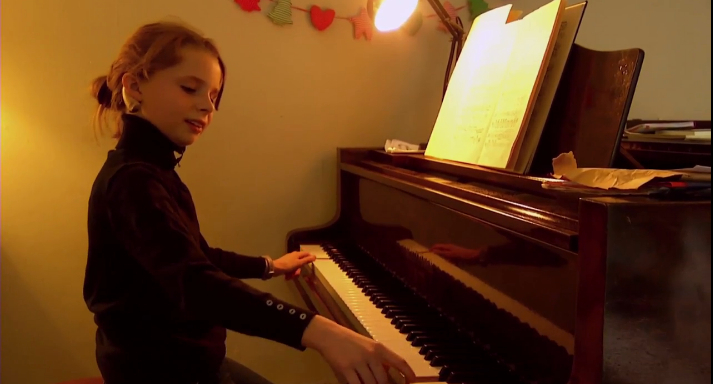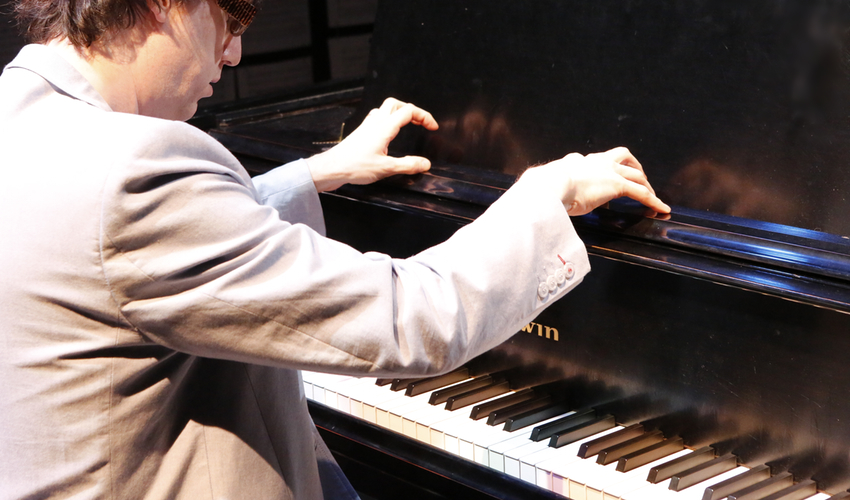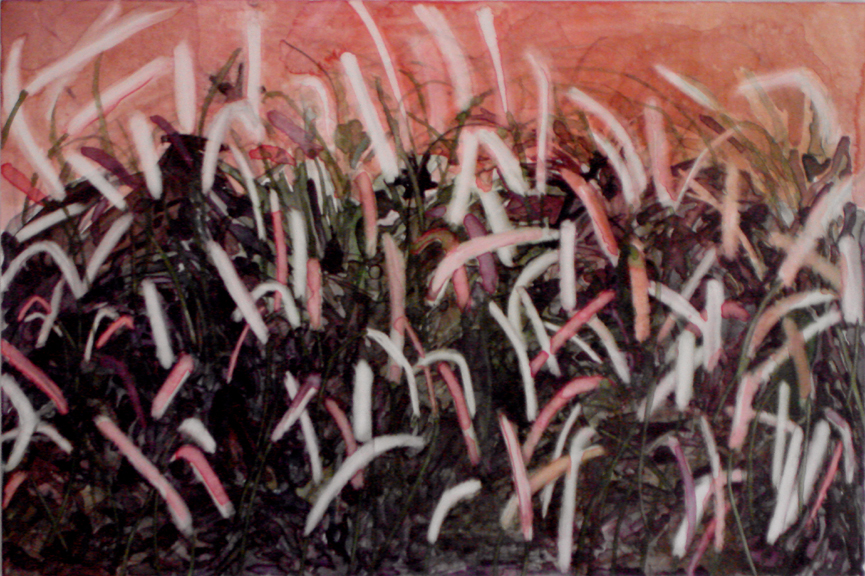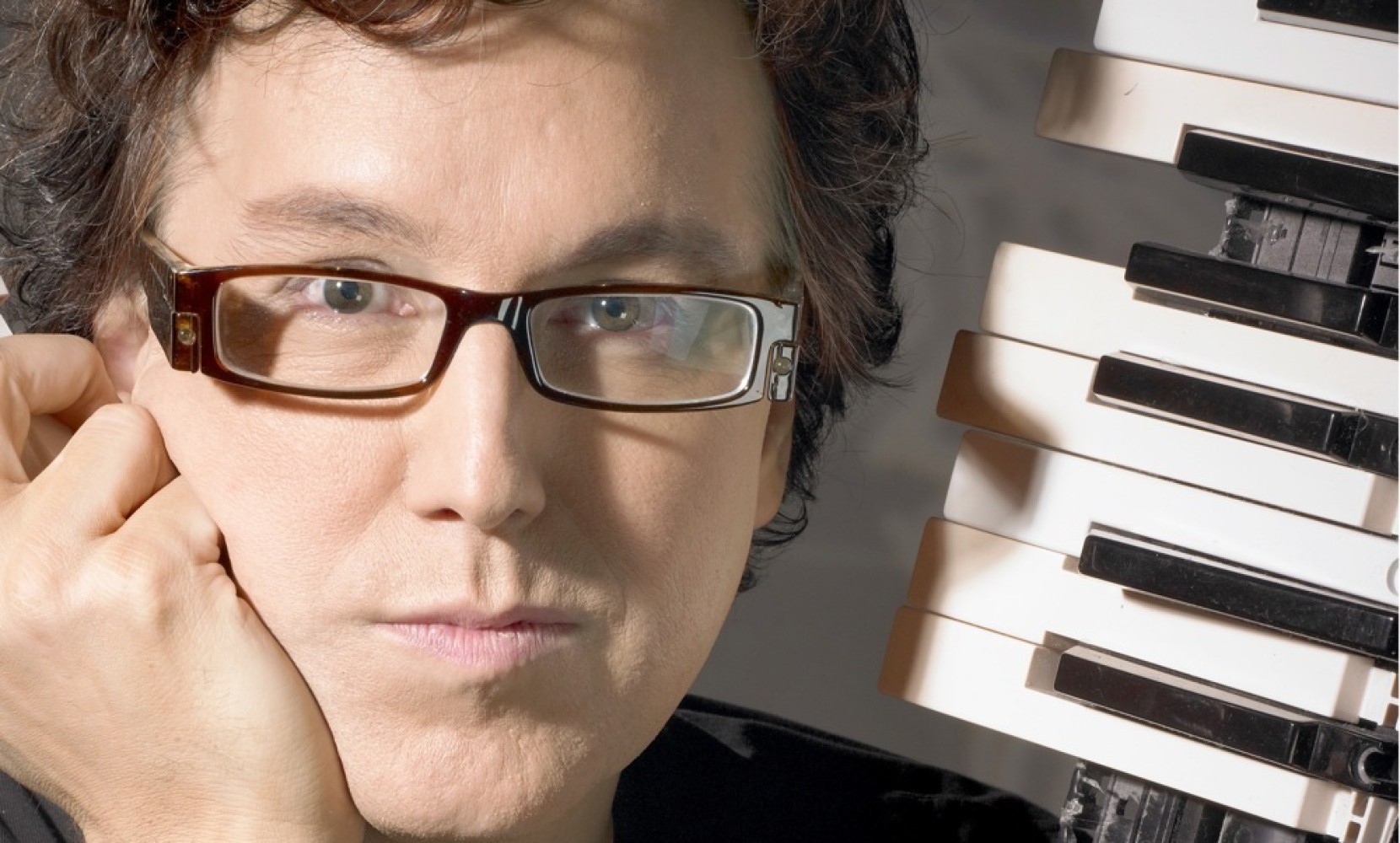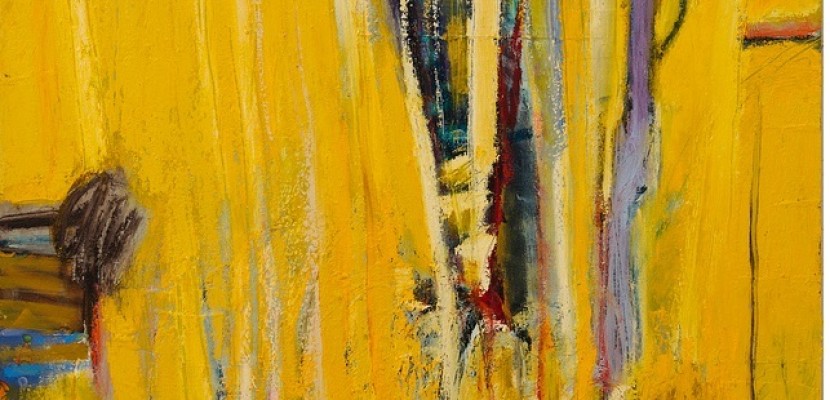The biologist Dr. Nina Kraus illuminates how children and teenagers benefit from learning music in her book, Of Sound Mind.
Making music with hearing loss
Musical Memory: A Church Organist’s Experience with Hearing Loss
While attending church in primary school, Brian found himself counting the pipes of the church organ instead of listening to the sermons. He enjoyed the vast variety of sound an organ can produce in a range of warmth and brightness he could only describe as the “sublime delicacy and awesome power” of the organ. By age eighteen, he was filling in for the regular church organist, and played happily for many years.
Finding a Community of Musicians with Hearing Loss
At eight years old, Jennifer Castellano learned that she had perfect pitch—and found out that she needed hearing aids for a mild to moderate hearing loss in the middle frequencies, known as a “cookie-bite” loss.
I Reveal My Hearing Loss…at a Piano Recital
When I went back to the piano in my early 40s, I decided not to mention my hearing loss to my new teacher, Stephen.
Stories from Musicians with Hearing Loss
My deep connection to the piano and denial of my hearing loss are intimately intertwined.
Veteran Plays Piano Despite Suicide Bomber Attack
Captain Mark Brogan lay on the ground of an Anbar province marketplace in Iraq in April, 2006. He had shrapnel in his spinal chord, was missing a third of his skull bone, and had severe arm injuries as well as hearing loss and tinnitus.
Memory, Music, and the Cochlear Implant
As I start my car in the morning to drive to work, I hear in my head the opening measures of the Prelude of the Bach D minor cello suite.
Faking It with My Hearing Loss
Fakers. We all know they’re out there when it comes to hearing loss. Of course, it takes a faker to know one.
A Listening Profit from My Hearing Loss
My first career was in management consulting and high-tech marketing, and for the 20 years that I was in that line of work, I spent a lot of time and energy trying to hide my hearing loss.
Paying Attention at a Classical Piano Performance
I’ll admit: I’m not very good at listening to classical music, even at a live concert. The only pieces I can usually fully appreciate at a classical piano concert are ones that are both short and already familiar to me (it helps if I’ve studied them)—and all this only applies if I can see the pianist’s individual fingers moving.
Relearning to Hear Melodies
Pat Dobbs loves going to the opera, even though she can’t discern the melody from the other notes.
Practice Listening with Your Memory
Think of a simple song. “Happy Birthday” will do. Imagine the rhythm of the words, the bouncing melody soaring out of you as you make the birthday candles flicker. Hear the happy crowd harmonizing. Feel the music building to a rousing climax as everyone belts out “to you!” at the end.
Practice Listening with Your Eyes
One of the most exciting ways to enjoy music is to listen… with your eyes. It’s one of the main reasons you go to a rock concert or orchestra performance instead of just buying the recording. It’s why some pianists become famous and others go unnoticed.
My Key to Music
I was born with a moderate hearing loss; however, even as a young child I was drawn to music. I remember having a stuffed yellow dog that played “London Bridge Is Falling Down” when the key was turned.
Piano Practice with High-Frequency Hearing Loss
If you listened to all of the recordings of the Debussy Clair de Lune available online, you would need at least eight hours. A GRAND PIANO PASSION™ commenter named Arlette did exactly that, and she chose as her favorite a rendition by Ricker Choi because it measured up to her emotional connection with the piece.
Sound, Vibration, and the Piano
Something that fascinates me is how we can never truly hear through someone else’s ears, we can never be in someone else’s head.
Practice Listening with Your Body
Ever practice piano… without the piano? It may seem strange, but in order to make richer, more expressive music, you need to use all the tools at your disposal.
Friends with Hearing Loss
The shape of Thomas Maitin’s face is almost perfectly round, his complexion clean for someone in his late 50s, the clarity of his bearing hinting at the purity in his music.
Practice Listening with Your Ears
I want you to add a new element to your piano practice: that of practicing to listen. Listening starts by thinking beyond your fingers and the notes on the page.
Hearing Loss at the Opera
As I did my research for my new book, Shouting Won’t Help, and talked to many people with midlife hearing loss, a pattern of similarities became apparent.
Hearing Health Affirmations
Affirmations, those positive statements I chant to myself, are one of my secret pleasures.

